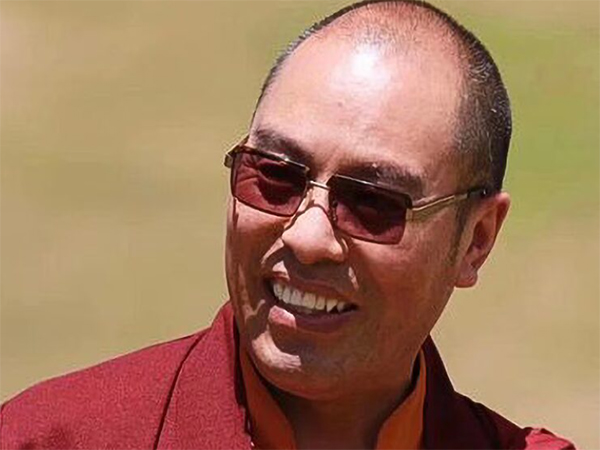NEP aims to increase investment in education to 6 pc of GDP, 3.5 crore new seats to be added to higher institutions
Jul 29, 2020

New Delhi [India], July 30 : The Centre and the States will work together to increase the public investment in the education sector to reach 6 per cent of Gross Domestic Product (GDP) at the earliest, says National Education Policy 2020 which was approved by the union cabinet on Wednesday.
An official release said that NEP aims to achieve 100 per cent youth and adult literacy and 3.5 crore new seats will be added to Higher Education Institutions (HEIs)
"Efforts will be made to incentivize the merit of students belonging to SC, ST, OBC, and other Socially and Economically Disadvantaged Groups (SEDGs). The National Scholarship Portal will be expanded to support, foster, and track the progress of students receiving scholarships. Private HEIs will be encouraged to offer larger numbers of free ships and scholarships to their students," it said.
To ensure the preservation, growth, and vibrancy of all Indian languages, NEP has recommended setting an Indian Institute of Translation and Interpretation (IITI), National Institute (or Institutes) for Pali, Persian and Prakrit and strengthening of Sanskrit and all language departments in Higher Education Institutes (HEIs).
"Internationalization of education will be facilitated through both institutional collaborations, and student and faculty mobility and allowing entry of top world-ranked universities to open campuses in our country," it said.
"A National Mission for mentoring will be established, with a large pool of outstanding senior/retired faculty including those with the ability to teach in Indian languages - who would be willing to provide short and long-term mentoring, professional support to the university, college teachers," it added.
An autonomous body, the National Educational Technology Forum (NETF), will be created to provide a platform for the free exchange of ideas on the use of technology to enhance learning, assessment, planning, administration.
"An Academic Bank of Credit is to be established for digitally storing academic credits earned from different HEIs so that these can be transferred and counted towards final degree earned. Multidisciplinary Education and Research Universities (MERUs), at par with IITs, IIMs, to be set up as models of best multidisciplinary education of global standards in the country," the release said.
It said that National Research Foundation will be created as an apex body for fostering a strong research culture and building research capacity across higher education.
A dedicated unit for the purpose of orchestrating the building of digital infrastructure, digital content and capacity building will be created to look after the e-education needs of both school and higher education.
A new and comprehensive National Curriculum Framework for Teacher Education, NCFTE 2021, will be formulated by the NCTE in consultation with NCERT.
"By 2030, the minimum degree qualification for teaching will be a 4-year integrated B.Ed. degree. Stringent action will be taken against substandard stand-alone Teacher Education Institutions (TEIs)," it said.
Affiliation of colleges is to be phased out in 15 years and a stage-wise mechanism is to be established for granting graded autonomy to colleges.
"Over a period of time, it is envisaged that every college would develop into either an autonomous degree-granting college or a constituent college of a university," the release said.
Higher Education Commission of India(HECI) will be set up as a single overarching umbrella body the for entire higher education, excluding medical and legal education.
"HECI to have four independent verticals - National Higher Education Regulatory Council (NHERC) for regulation, General Education Council (GEC ) for standard-setting, Higher Education Grants Council (HEGC) for funding, and National Accreditation Council( NAC) for accreditation. Public and private higher education institutions will be governed by the same set of norms for regulation, accreditation and academic standards," it said.
Under Graduate education can be of three or four years with multiple exit options and appropriate certification within this period - for example, certificate after one year, advanced diploma after two years, Bachelor's Degree after three years and Bachelor's with research after four years.
NEP also aims to increase the Gross Enrolment Ratio in higher education from 26.3 per cent (2018) to 50 per cent by 2035.
















